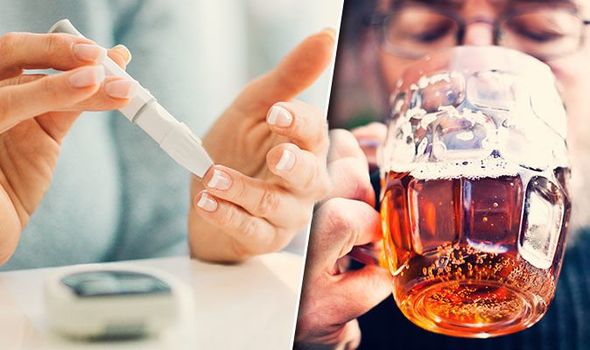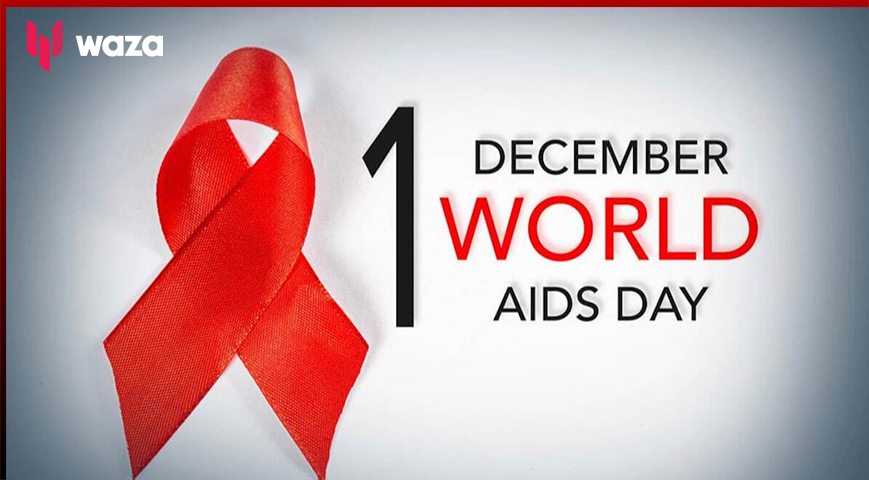Diabetes is a chronic disease or condition that affects how the body processes blood sugar or glucose. There is an estimation that over 34 million residents in the United States have diabetes, with another 88 million people having prediabetes. You can manage diabetes with a combination of lifestyle changes and medication. Still, it is essential to be aware of the potential impact that alcohol use can have on diabetes management.
Here are seven key facts to keep in mind when it comes to diabetes and alcohol use:
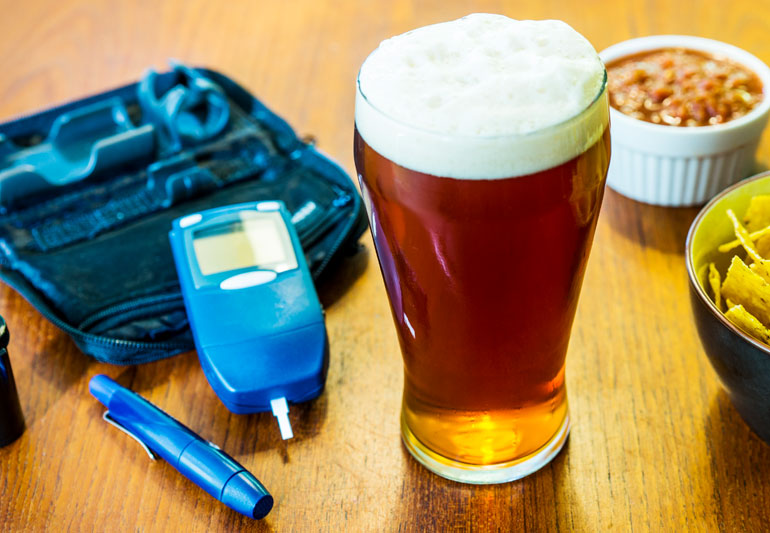
- Alcohol can affect blood sugar levels
Drinking alcohol can affect blood sugar levels, causing them to rise or fall depending on the type and amount of alcohol consumed. It can be hazardous for people with diabetes, leading to hypoglycemia (low blood sugar) or hyperglycemia (high blood sugar) and potentially severe complications.
2. Alcohol can interfere with medication
Did you read this?
Many medications used to treat diabetes can be affected by alcohol use, including insulin and oral medications. Drinking alcohol can make it more difficult to control blood sugar levels and can also increase the risk of side effects from medication.
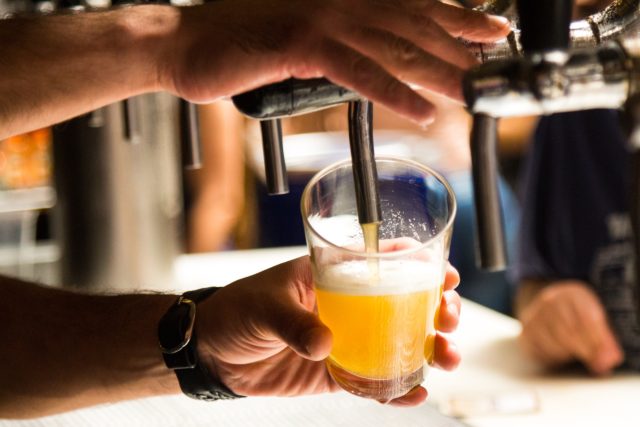
3. Alcohol can contribute to weight gain
Many alcoholic beverages are high in calories and can contribute to weight gain, making it more difficult to manage diabetes. Excess weight can also increase the risk of developing other health problems, such as heart disease and high blood pressure.
4. Moderate alcohol use may be safe
For most people with diabetes, average alcohol consumption is generally safe. Average alcohol consumption is one drink per day for ladies and up to two drinks per day for men. However, it is essential to discuss alcohol use with a healthcare provider, as individual factors such as age, overall health, and medication use can all affect the safety of alcohol use.
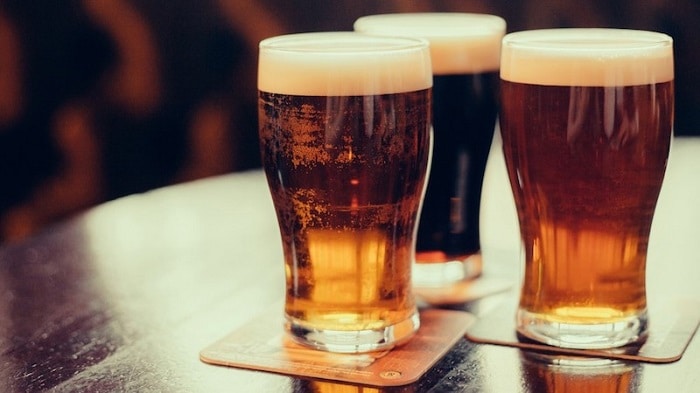
5. Heavy alcohol use is not recommended
Heavy alcohol consumption is not recommended for people with diabetes, as it can increase the risk of serious complications such as liver disease, nerve damage, and heart disease.
6. Alcohol can mask hypoglycemia
Drinking alcohol can mask the symptoms of hypoglycemia, making it challenging to recognize and treat this potentially dangerous condition. It is essential to monitor blood sugar levels carefully when drinking alcohol and to be aware of the signs of hypoglycemia, which include shakiness, dizziness, and confusion.
7. It is important to drink responsibly
Whether or not you have diabetes, it is essential to drink alcohol responsibly. It means revelling in moderation, staying hydrated, eating a balanced meal before drinking, and avoiding driving or operating heavy machinery after consuming.
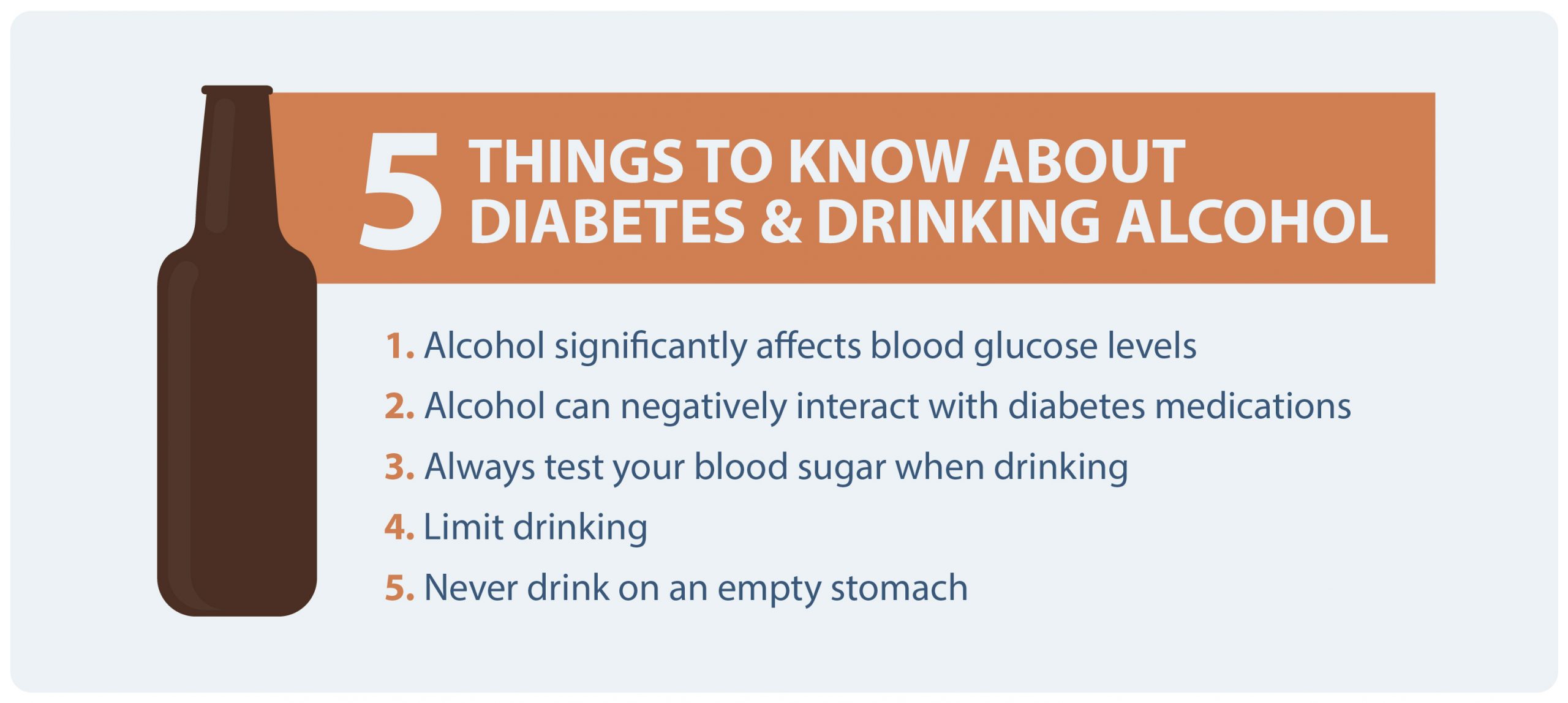
In conclusion, alcohol use can have a significant impact on diabetes management. While moderate alcohol consumption may be safe for most people with diabetes, heavy alcohol use can increase the risk of serious complications. It is important to discuss alcohol use with a healthcare provider and to monitor blood sugar levels carefully when drinking alcohol. By drinking responsibly and taking steps to manage diabetes, people with diabetes can maintain good health and reduce the risk of complications.

